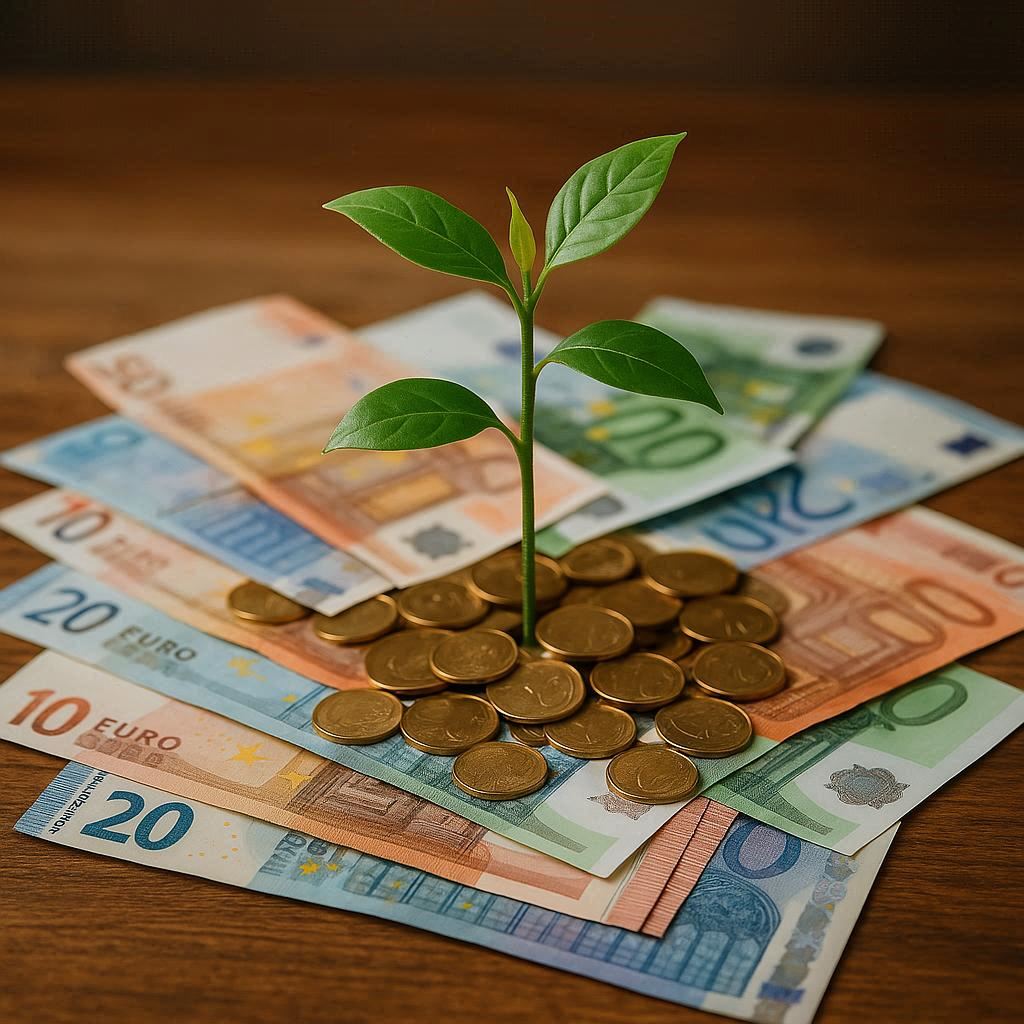We often hear that money drives the world, but the idea of money betterthisworld takes a deeper look at how financial choices can shape a brighter and more purposeful society. Instead of focusing solely on accumulation, it challenges us to reimagine money as a tool for progress, balance, and shared prosperity.
Table of Contents
Understanding the Concept of money betterthisworld
At its core, money betterthisworld is about shifting perspective. Traditional thinking views money as a measure of success, while this concept urges us to consider it as a measure of impact. It’s not just about how much you earn, but how you use those resources to improve lives, communities, and the environment. When approached this way, money becomes more than currency—it becomes a force for positive transformation.
Why money betterthisworld Matters Today
The modern economy is fast-paced, competitive, and often overwhelming. People chase financial stability yet feel unfulfilled. By embracing money betterthisworld, individuals and businesses can align their financial goals with their values. For example, investing in ethical companies, supporting sustainable industries, or donating to local initiatives creates a cycle where wealth benefits more than just the individual. This mindset shift is crucial in tackling challenges such as inequality, climate change, and social disconnection.
Practical Ways to Apply money betterthisworld
1. Conscious Spending
One of the simplest ways to practice money betterthisworld is by spending with intention. Choosing to buy from small businesses, eco-friendly brands, or socially responsible companies ensures that every dollar contributes to a greater cause.
2. Purposeful Saving
Saving isn’t only about future security—it’s also about future influence. By directing savings toward impact funds or socially responsible banking, you are aligning your financial growth with the well-being of society. This is a clear example of money betterthisworld in action.
3. Generous Giving
Charitable donations, volunteering, or supporting community projects extend the philosophy of money betterthisworld beyond personal benefit. Giving back doesn’t just help others—it also creates fulfillment, resilience, and stronger community ties.
4. Ethical Investments
Investing has power beyond profit. Green energy projects, inclusive startups, and sustainable technologies all represent opportunities to practice money betterthisworld. Here, returns are not only financial but also social and environmental.
The Ripple Effect of money betterthisworld
When individuals live by the principle of money betterthisworld, they inspire broader cultural change. Families pass down values of responsibility and empathy. Businesses shift from profit-driven models to purpose-driven strategies. Communities grow stronger as wealth is redistributed into education, healthcare, and innovation. This ripple effect can redefine the way society understands wealth and success.
Overcoming Misconceptions
Some argue that focusing on impact rather than profit weakens financial growth. However, history shows that long-term stability often comes from sustainable and responsible choices. Money betterthisworld does not dismiss ambition; rather, it balances ambition with awareness. It encourages building wealth that not only benefits individuals but also sustains generations.
The Future of money betterthisworld
Looking ahead, technology and globalization will continue to influence how money flows. The future offers incredible opportunities to integrate the philosophy of money betterthisworld into digital finance, green innovation, and collaborative economies. Imagine a world where success is measured not only by numbers in a bank account but also by the positive footprint left behind.
Conclusion
The concept of money betterthisworld is more than a catchy phrase—it is a vision for redefining how money works in our lives. By embracing conscious spending, ethical investments, and purposeful giving, we transform wealth into a tool for collective progress. It challenges us to ask not just “How much money do I have?” but “What is my money doing for this world?” The answer to that question may very well determine the quality of our shared future.


